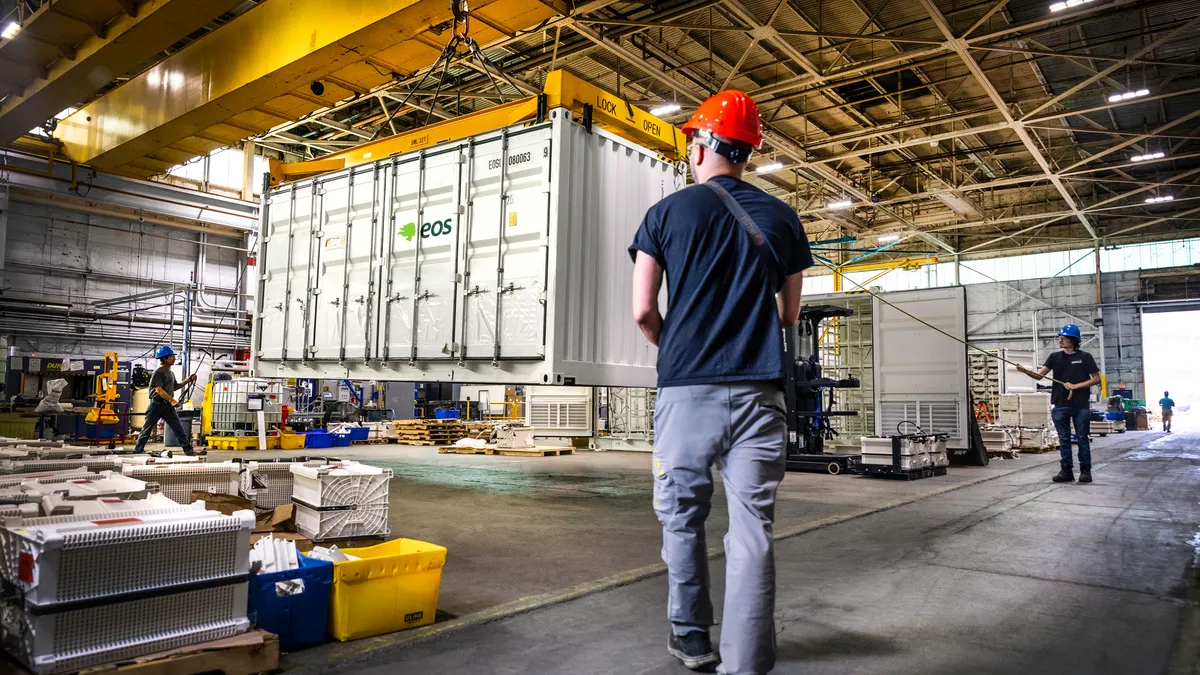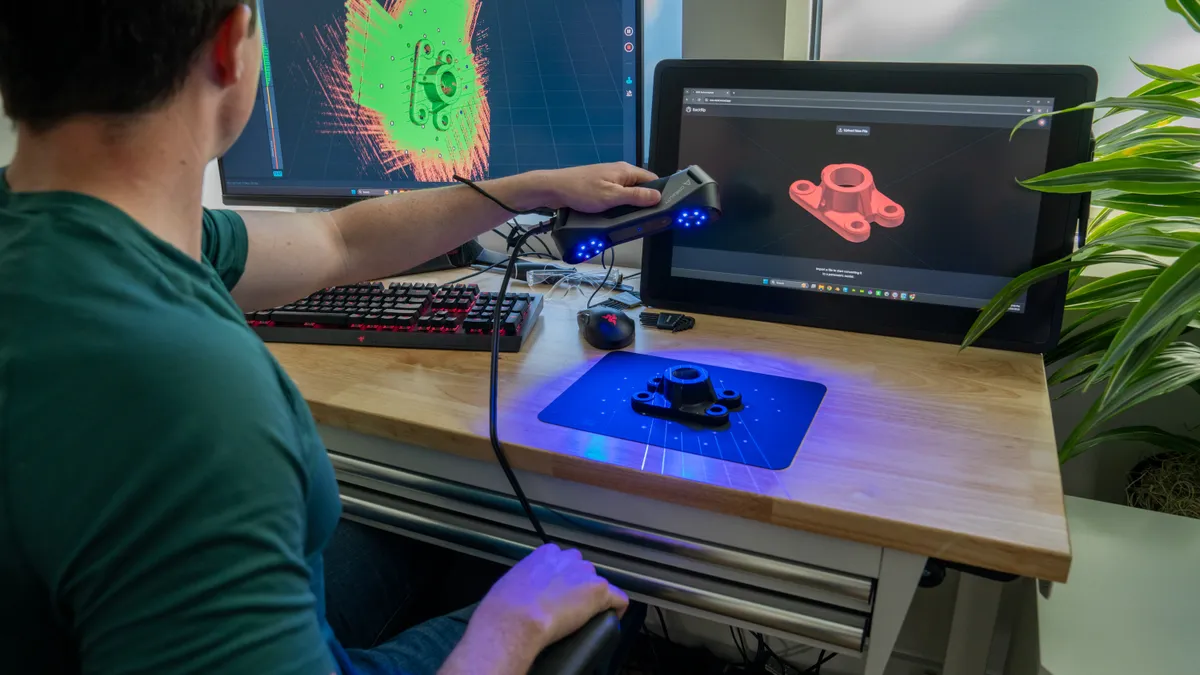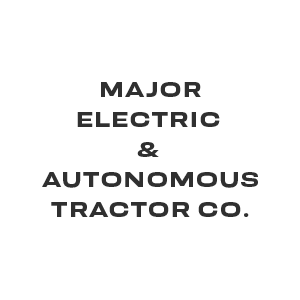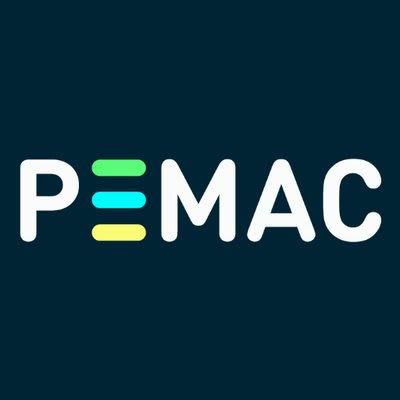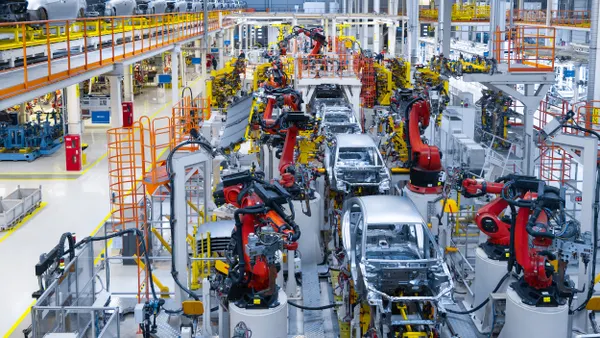Dive Brief:
- A New Jersey battery storage manufacturer told investors Monday it’s putting off some production until 2023 to take advantage of first-ever federal tax credits.
- Eos Energy Enterprises CEO Joe Mastrangelo said Monday the company will push out orders originally scheduled for this year to 2023 when tax benefits from the Inflation Reduction Act take effect.
- The company cut its 2022 revenue guidance to a range of $17 million to $20 million from $50 million announced in February as it shifts the remaining revenue originally planned for this year to 2023.
Dive Insight
Eos Energy Enterprises, which makes zinc-based energy storage systems, said the Inflation Reduction Act will significantly reduce the cost of battery cells, modules and energy storage systems, particularly for products it manufactures in the U.S.
Mastrangelo said demand is picking up and he credited the legislation signed in August by President Joe Biden for helping accelerate the domestic energy transition. Citing the IRA and progress on Eos Energy Enterprises’ battery design, he said reducing output and preparing for production is the “best capital allocation decision for the company.”
The sprawling legislation will provide nearly $400 billion, mainly in tax credits, for clean energy projects such as electric vehicle charging stations, and includes incentives for energy storage for customers and manufacturers who begin their projects after Dec. 31.
Customers who put an energy storage facility in service beginning next year may claim at least a 30% investment tax credit under certain conditions.
The IRA offers a 10% credit if employees installing a project are paid above average local wages, another 10% credit if the project uses U.S.-made content and 10% in an economically disadvantaged community, said Jaffe.
Mastrangelo said the bonus for domestic content is a “strategic advantage” for Eos batteries that qualify.
The IRA directs the Internal Revenue Service to pay manufacturers the cash value of production tax credits for making battery components, he said. The credits may be a new source of cash flow for Eos, the company said.
Jaffe said the IRA now makes many storage projects look “very profitable” when before they have not always been viewed as economical.
“The amount of capital going into stationary energy storage is going to be massive over the next few years, primarily because of the IRA,” he said.


